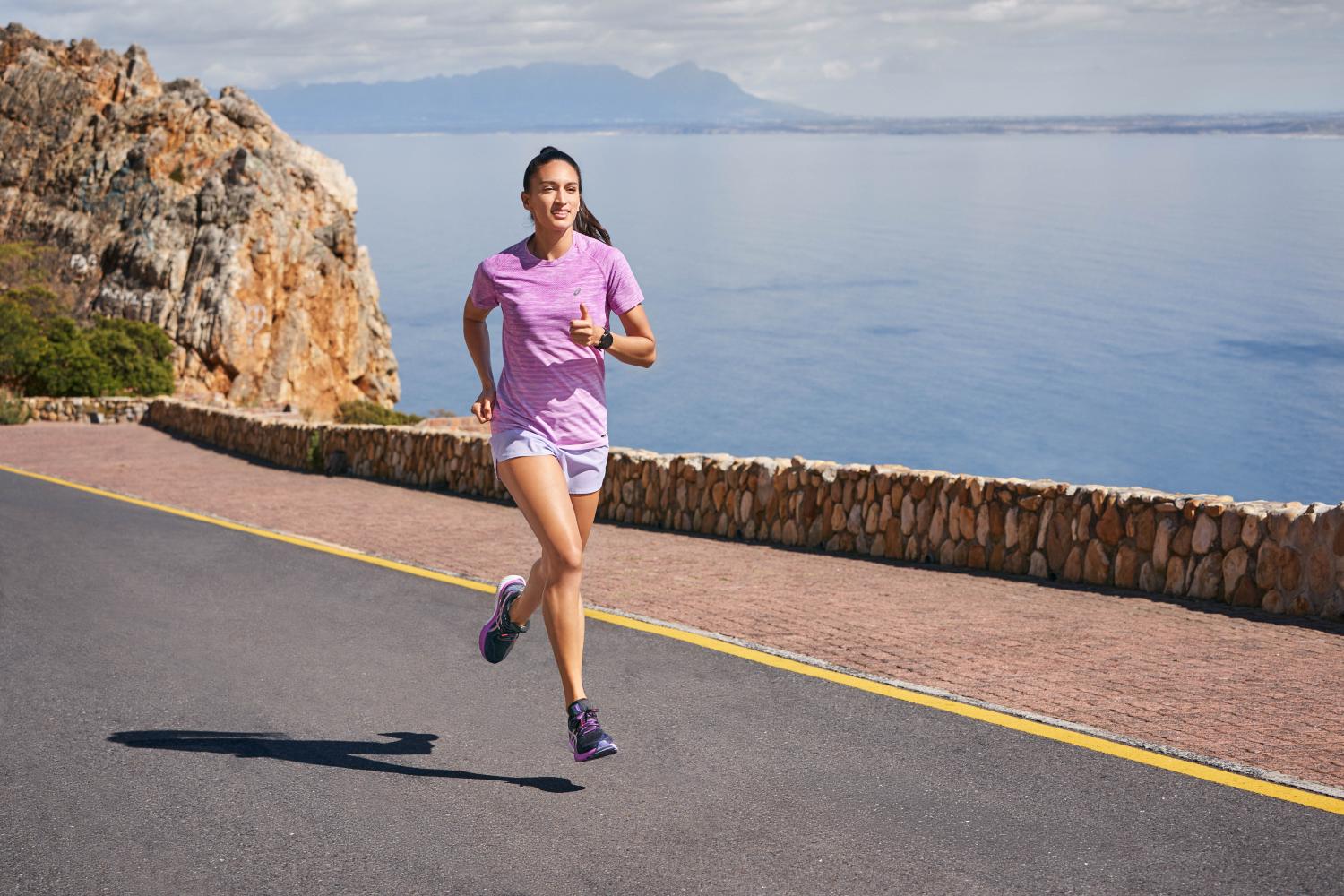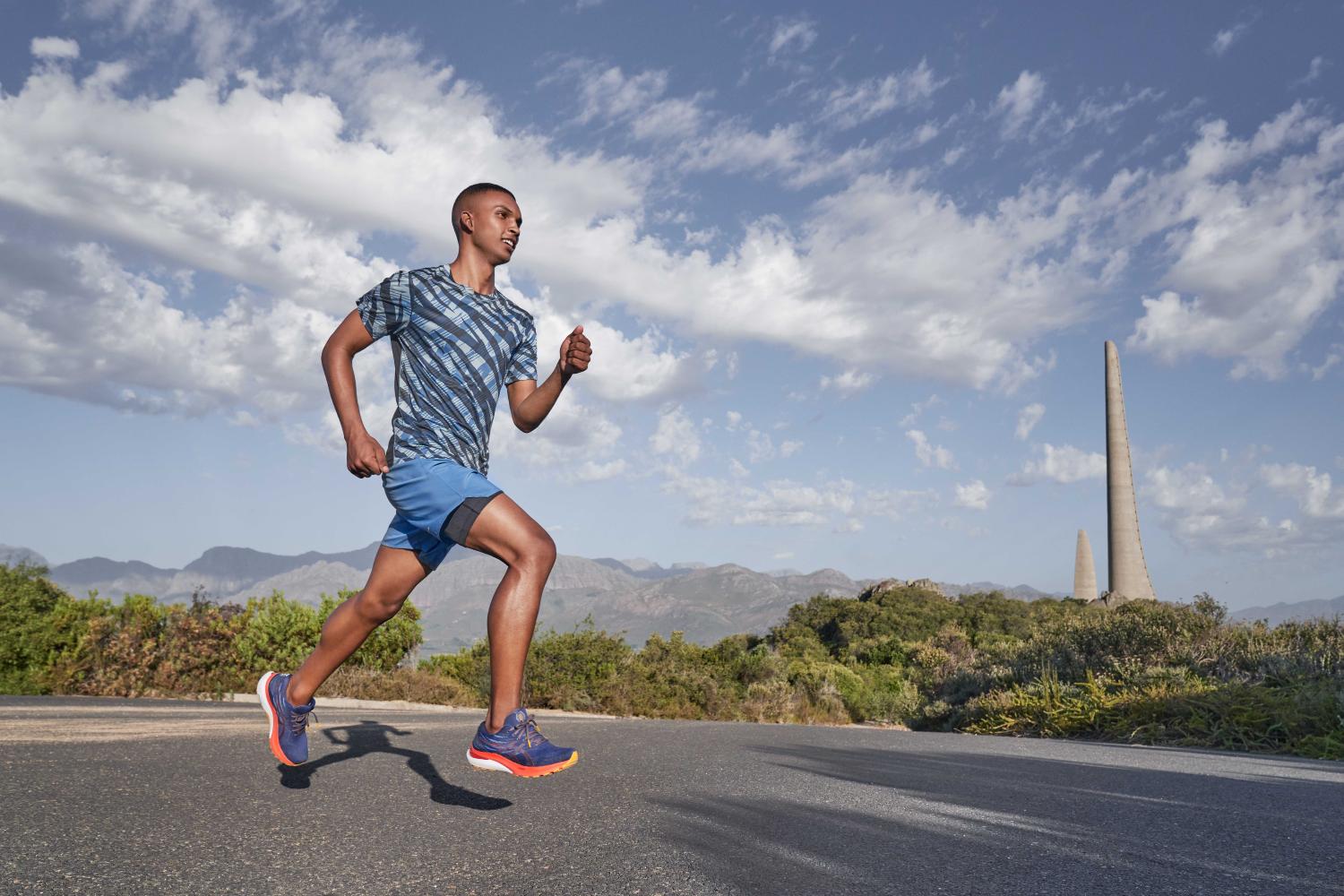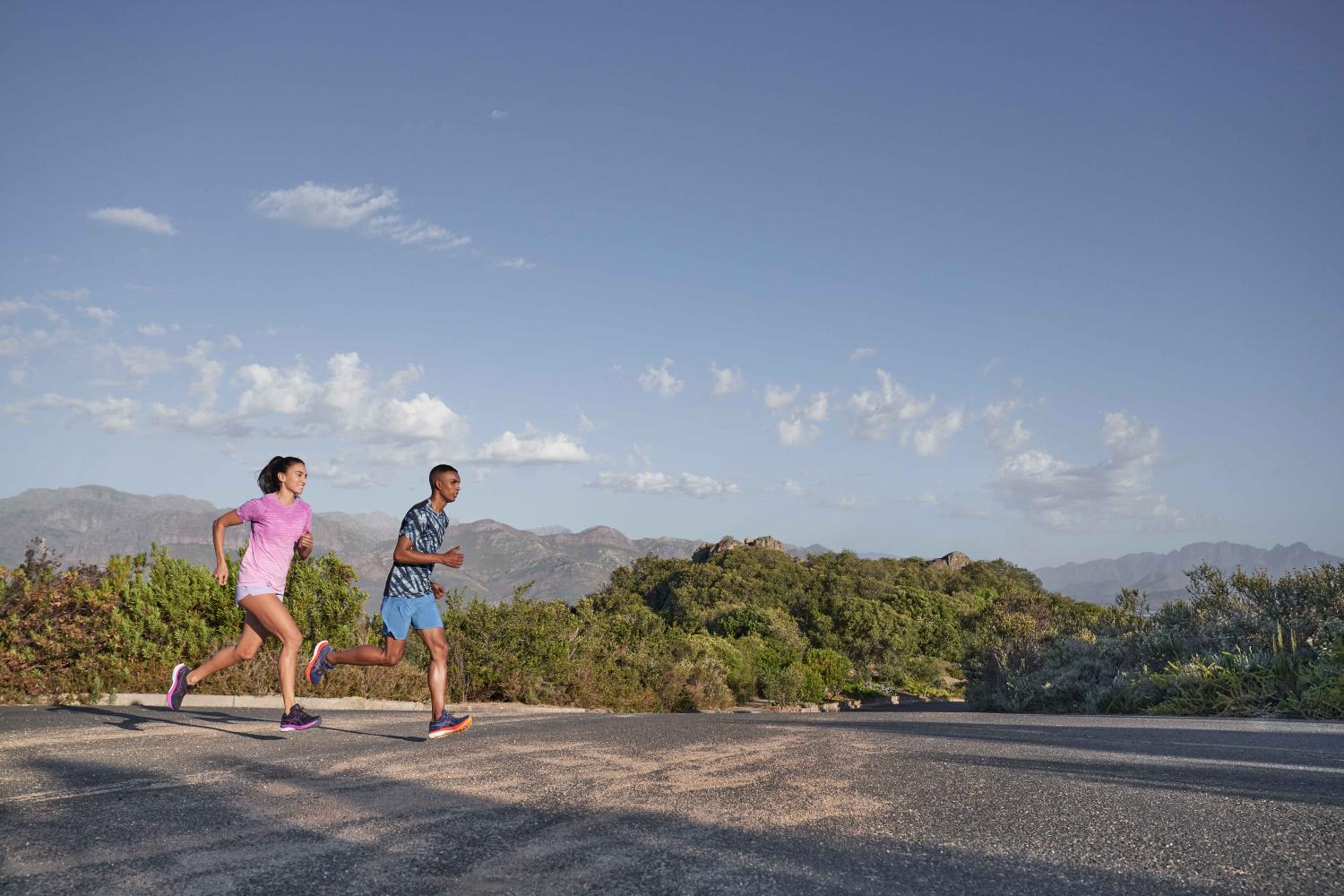No, you are not too old to start running in your 30s. Indeed, the 30s are the best time to become a runner, and if you think that there are those who start at 40 or 50, in the middle of the midlife crisis, you will see that starting in the fourth decade of your life it really can be the best decision of your life (especially when looking back on this moment you will really see yourself incredibly young).
Start running at 30
Although you are Homer Simpson’s age (yes, the first time he says his age he says he’s 36…) you’re still in time to start running at 30 reasonably thinking of reaching your maximum. Meaning what there is time to bring out the best in you in running before putting on the cruise control and facing the decades of the “anta” at cruising speed. And this is true whether you are a man or a woman. Because if the physical decline has unfortunately already begun and you are no longer a kid, in terms of strength and endurance, physical and mental, you still have a huge margin ahead of you. To put it with a slogan: you will never be as fit as you were at 20, but you can become as fit as you’ve ever been. Even if you spent your 20s in the name of party hard rather than train hard.
Start running at 30: the (non-technical) guide to do it
It probably went like this: that at a certain point you suddenly felt like an adult, you had the sensation of the earth slipping under your feet for the first time in your life, and among the many things that flashed through your mind there ‘was also to start running at the age of 30. And when you thought it, the idea of running 3 km seemed like an extreme challenge. Actually 3km is a ridiculous distance, and if you really put on running shoes and put a little perseverance in no time you will find yourself running 10 km, in fluency and thinking about the half marathon. Because the nice thing about running is that the improvements are exponential, and you just need to dedicate some time to it regularly to feel – physically – the improvements day by day. So whatever your motivation – losing weight, toning your muscles, carving out some active time, venting stress, feeling good, you name it – don’t hesitate to start running at 30. A world you can’t even imagine will open up to you and you will have a new passion for life.
But if you are reading this page it is because you have some doubts, and then in addition to all the exhortations and all the incitements that we have already given you, also read our (non-technical) guide to succeed in your resolutions.
1. Sign up for a race (amateur)
There is nothing like have a real deadline to avoid procrastinating and set specific goals. By race we don’t mean anything competitive but one of those “tapasciate” country amateurs, formally called “free walking event“, which from spring to autumn dot every weekend around you. There will be those who arrive at dawn animated by the most competitive intentions for the maximum distance and there will be those who show up at the bar after breakfast to take a walk. Different distances are normally foreseen, from 5 to 30 km and even beyond: your initial goal is to complete the 5km lap, possibly running. But the important thing is to reach the finish line, even by walking. It will be your first milestone, so give yourself a prize (and collect and keep what they give you at the finish line) and above all prepare properly.
2. Buy a pair of running shoes
No, last year’s casual sneakers that you have in the shoe rack in the cellar are not good for running. Shoes are the only thing really to buy when you decide to start running. Whatever your age. Forget the top models and all the technical disquisitions: there will be time for that. Invest between 50 and 100 euros maximum, go to a really sporty store, try on some shoes that are within your budget, and when you find a pair that fits well, makes your foot feel good, looks comfortable, go to the checkout and pay. The economic investment will be another fundamental spring of your motivation. To find out more, read our guide to running shoes to start running.
3. Start exercising
Yes, you have no idea how to start training to run 3 or 5 km. Then we’ll put you some links with some more “technical” advice to organize a “real” running workout to get to your first 5km (and even your first 10km, which will be easier than you think). But first, put on your running shoes and leave the house to run.

First time you will stop after 500 meters with a racing heart, shortness of breath and dry throat. It’s normal, you just set off at full speed as if it were a sprint. Real training starts now, when instead of going home on the sofa, go on walking. And as soon as you have recovered a little, you start running again and you do it for another 500 meters. It will feel like you have crossed the desert in a hurry, but a few weeks later this will be just your warm-up. And it will mean that you have really started running. Then read our training plan for beginners for couch running to the first 5K.
4. Set specific days in your week to run
At 30 you are in the middle of the storm of commitments. There is work, which drains your days, but there is also the long wave of fun of the twenties, from aperitifs to evenings, from weekends away from town to who knows what else. You have to tidy up a bit and decide that there is also room for running in your weekly calendar. The ideal would be 1 hour of time 3 times a week on alternate days. Which if you have a regular week means 1 hour on the weekend + a couple of times during the week.
You are asking us when to run? When you have time: Morning, lunchtime or evening makes no difference at this point in your running history. Just do it regularly.
5. Eat well
Probably the first time you went out for a run, after 500 meters you also felt like throwing up. Why you had eaten just before going out for a run with the fear of “lacking energy”. In reality, you could also run on an empty stomach, that the energy is there, but you will learn this over time. For the moment, it’s enough for you to know that you don’t eat just before running (give yourself at least 1 hour or 1 hour and a half after the last snack) and it would be good to eat right after. But above all it is important to eat well. And well means with the right balance of nutrients. There is nothing to invent, just follow the Mediterranean diet or one of these 4 healthy diets to feel good (without sacrifices)
6. Rest
The fatigue is your worst enemy. Not the good tiredness after a good run, that’s satisfying and motivating. Your ball and chain that keeps you anchored to the sofa is chronic fatigue, the mix of stress and overload from commitments that drains you inside and also takes away your motivation. If you really decided to start running in your 30s, do some recovery after running to heal your muscles, but above all treat yourself to the right hours of sleep. They are the best fuel for your daily ride.

7. Find a running partner
Finding the strength and motivation to go out for a run even when it’s dark, raining, you have an aperitif, dinner, sleep can be tough. But if you have someone running with you, waiting for you on the corner of the block, buzzing you for your daily run, that’s insane motivation. Don’t you know anyone? Join a group of runners, there are plenty, from those “sponsored” by famous brands to those of the village or neighborhood that are animated only by the common passion for running. And don’t worry if you are a beginner or even less: there is always really room and place for everyone.
Advertising
